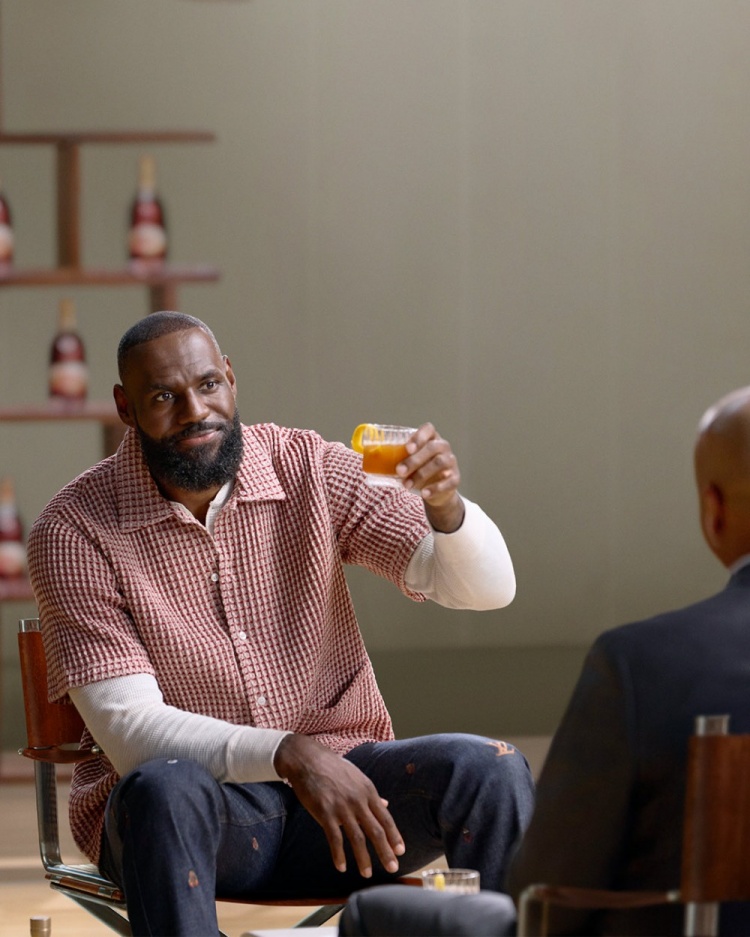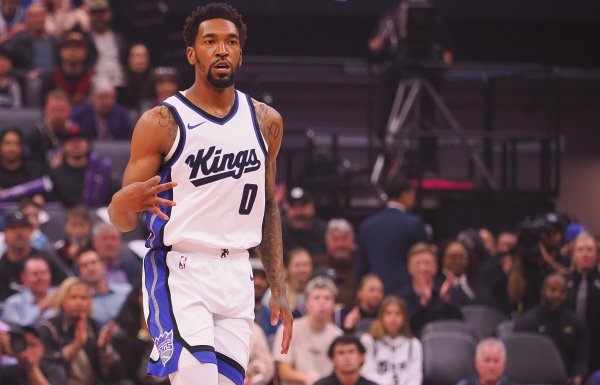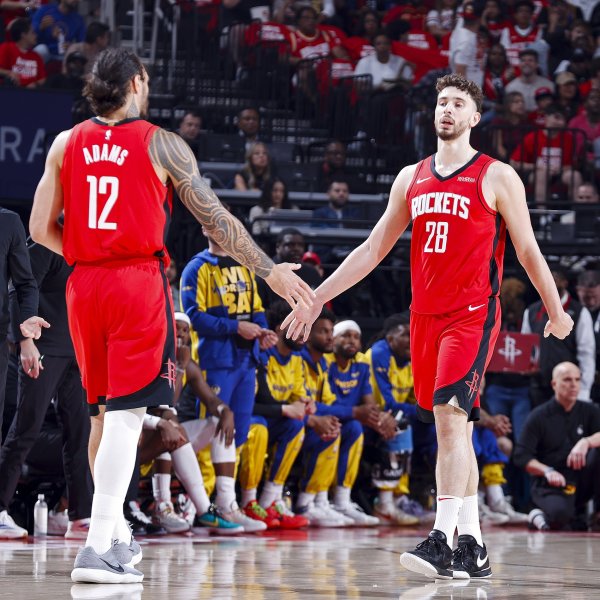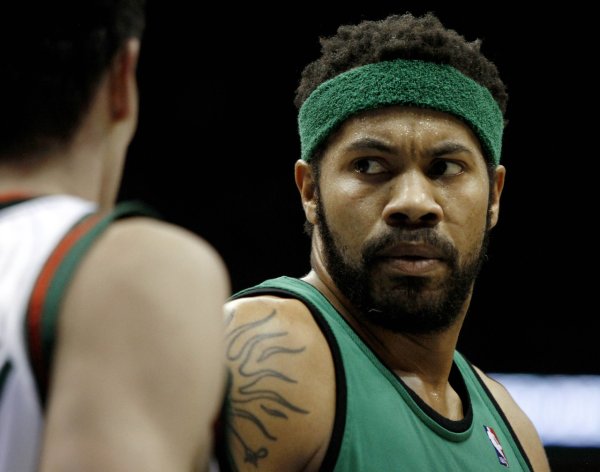US media: Fans’ lawsuit against James for advertising fraud is groundless and the latter is expected to be dismissed through lawyers
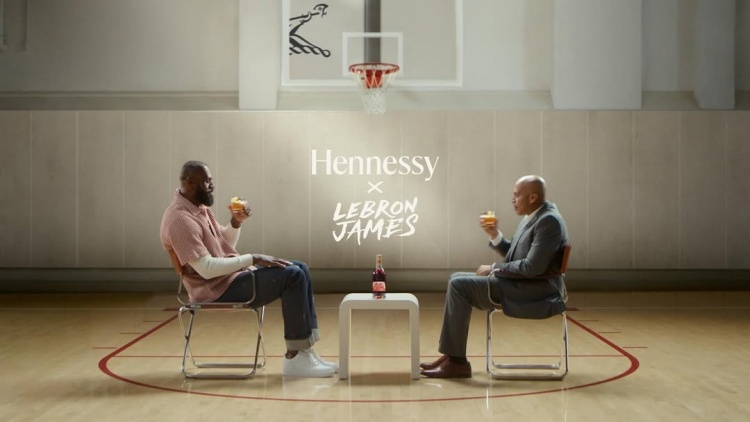
Today, Michael McCann, a reporter for the American financial media Sportico Legal Channel, wrote an editorial article analyzing the case of Lakers fan Andrew Garcia suing Lakers forward James for his "Decision 2" advertisement. The full text is as follows:
The fraud lawsuit triggered by LeBron James' "second decision" is doomed to be futile
The fraud lawsuit filed by California resident Andrew Garcia against Los Angeles Lakers star LeBron James is because the so-called "second decision" is actually an alcohol advertisement rather than a retirement statement. This is a legal balloon.
Garcia filed a lawsuit in the Small Claims Division of Los Angeles Superior Court, claiming that James should compensate him $865.66, which was the cost of purchasing tickets for the Lakers game against the Cleveland Cavaliers on March 31, 2026. Garcia said he bought the ticket because he believed James would announce in "The Decision" that the 2025-26 season would be his last. James' post on the X platform suggested it would be similar to his first "decision" in 2010 when he announced he was joining the Miami Heat.
If James really retires, the Lakers' game against the Cavaliers next March will be the 40-year-old player's last chance to play against his former team - unless both teams enter the 2026 NBA Finals. However, it turns out that James has not retired, and the latest "decision" is just part of his advertising campaign with Hennessy.
There are many problems with the Garcia v. James case, but the most fundamental problem is that a ticket to watch an NBA game only gives the viewer the right to watch the game between two teams from a specific seat. That's all.
As long as fans can watch the two teams play from their seats, they will get what they deserve. If fans violate venue or team rules, their passes can be revoked and they can be ejected. But fans have no right to demand how the team plays, how the game is coached or punished, nor do they have the right to demand whether players retire will affect the historical value of the game.
This is why cases from fans who sue because they feel misled often do not succeed. In 2013, a Miami Heat season-ticket holder sued the Spurs after Spurs coach Gregg Popovich sidelined star players. Although the fan felt cheated, the case failed because the ticket provided what it promised: the opportunity to watch the Heat play the Spurs. Game tickets do not guarantee that a particular player will appear.
Even if star players are used in promotional materials to entice people to buy tickets, fans should know that lineups and playing time are determined by coaches. In addition, injuries can also affect which players are available. Imagine that because a marketer promotes a player in a promotion, the coach has to play that player. It doesn't make sense.
Similarly, even if a ticket holder is dissatisfied due to cheating or miscarriage of justice, it does not mean that the game ticket did not live up to its promise.
Houston Astros ticket holders were upset after learning that the team used cameras and trash can banging to steal opposing catchers' play calls during the 2017 World Series. Some ticket holders sued the Astros, claiming fraud and demanding refunds. However, courts dismissed those cases, saying "claims based on how the team plays are inadmissible."
For the same reason, the U.S. Court of Appeals for the Third Circuit dismissed a New York Jets fan's lawsuit against Bill Belichick. The lawsuit revolves around the "Spygate" controversy, in which the New England Patriots violated the NFL's camera policy. The legal argument was that the Patriots "violated the contractual expectations and rights of Jets ticket holders who fully anticipated and contracted to attend an honest game." The Third Circuit rejected that argument because a ticket to watch the Jets play another team did not guarantee an "honest game."
Consider again the fans of the New Orleans Saints, who filed a lawsuit over an NFL referee's failure to call a pass interference call during the 2019 NFC Championship Game. Those fans pointed out that the missed call was really bad and may have hurt the Saints' chances of advancing to the Super Bowl.
Unfair? certainly.
Illegal? No.
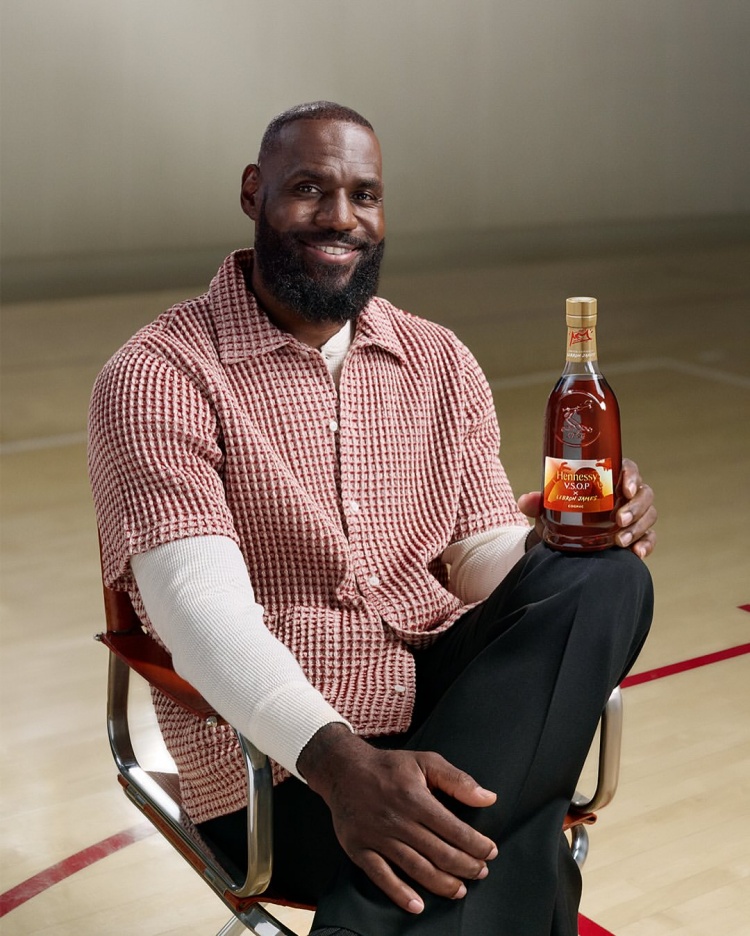
The Saints' lawsuit describes an "injury" that fans can understand and may elicit sympathy, but that the law cannot fix.
Garcia's case also faces the issue that James may not be legally responsible for those who read his social media posts. Garcia did not sign a contract with James, and his interpretation of James' post is a personal act. Furthermore, as U.S. District Judge Janet A. Vargas said on Thursday in dismissing Drake's lawsuit against Kendrick Lamar for performing "Not Like Us" at the Super Bowl, postings on social media are often viewed as a "laissez-faire, freewheeling style of writing" and do not amount to statements of fact or enforceable promises.
Sportico reviewed Garcia's lawsuit documents. He claimed James was liable to him for "fraud, deceit, misrepresentation and any and all legal basis for recovery." The case has been assigned to Judge Michael J. Pierce and is scheduled for a non-jury trial on December 1 at the Bellflower, Calif., courthouse.
James is expected to file a motion through his attorney to dismiss the case, arguing that the case is without merit.
The Lakers vs. Cavaliers game may or may not be exciting or memorable. If people are worried that buying tickets to this game might not be worth the price, they have a good option: Don't buy a ticket.
